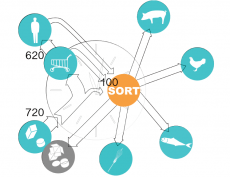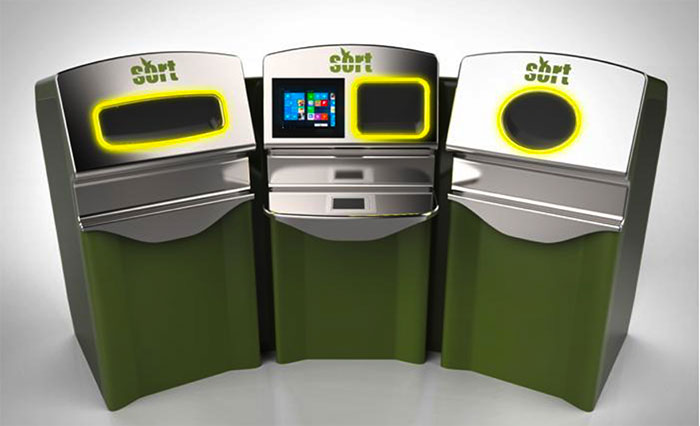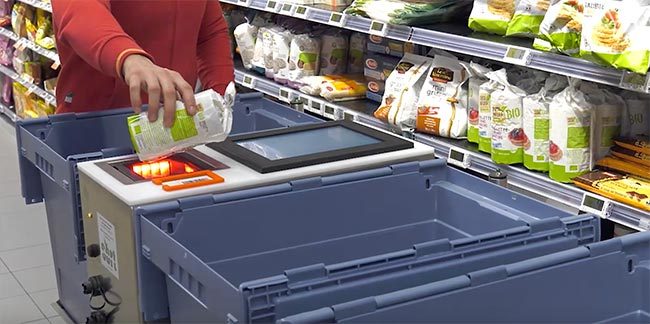SORT

The SORT project concerns the development of innovative integrated technological systems for unpacking, stock organization and the tracing of wasted food products aimed at their valorisation. SORT is the result of a union of intent between GTS Consulting, the creator of the project and a group of developers composed of Alfacod, Curti, TSP, Plastic Sort, the MechLav laboratory of the University of Ferrara and the University of Parma; each of the technological partners has made its specific skills available to the project. SORT’s goal is to give new life to food waste, reducing this waste to zero, reusing organic material for the creation of feed for farming, fertilizing for agriculture and producing energy to be reintroduced into the system . Packaging, on the other hand, is divided according to the material that composes it and totally recycled. The ability to recover and reuse materials and energy, avoid waste and safeguard food resources are key points of the concept of smart cities that the cities of Emilia Romagna, where SORT has seen the light, have been pursuing for years with excellent results.
The main objective of the SORT project is to recover unsold food in its undamaged and recognizable packaging, this activity naturally extends also to loose products, these will be repackaged and labeled. In fact, the phases of the so-called “recycling value chain” of the project are the following:
- Identification and Collection
- Transport and concentration
- Product recognition and grouping in homogeneous lots
- Packaging & Unpacking
- Selection of organic and plastic parts
To be able to support all these phases, innovative technological solutions and an ICT (Information and Communication Technology) infrastructure have been created that guarantees the traceability of each product along each single step of the chain, and real-time communication so as to know: what is given, by whom, in what quantity and where.
Each phase of this process required the design and implementation of various components, including mechanical, IT and logistics. Each of the participants actively contributed to the realization of this project. The University of Ferrara was responsible for the design and implementation of the logical component for collection devices. Others, such as Alfacod SRL of San Lazzaro di Savena, dealt with the electronic component of the collection devices and provided the tools used to identify the products; Curti Costruzioni Meccaniche of Castel Bolognese and Plastic Sort SRL of mechanical parts.
The MechLav laboratory has contributed to the realization of the collection devices foreseen by the SORT project, which are of two types and whose strategic layout falls in urban places where the three main food wastes occur:
- waste generated by distribution chains;
- waste generated by common consumers;
- waste generated by retail sales.
The choice of designing two distinct types of devices has depended on the operation and logistic convenience of the areas in which they are used: the distribution area and the consumption area.
Involved Partners
- Alfacod SRL
- Curti – Costruzioni Meccaniche
- Future Space
- GTS Consulting
- Plastic Sort SRL
- TSP
- Sacmi Packaging
- Selex Elsag
- Università degli studi di Bologna
- Università degli Studi di Ferrara – MechLav Laboratory
- Università degli Studi di Parma


The areas of consumption will be able to take advantage of the use of intelligent bins used for the collection of foods that have exceeded the respective date of consumption. The distribution areas, in addition to the dumpster, can take advantage of intelligent trolleys used by operators. In this way, it will be possible to directly check the shelves and deposit the edible products to be disposed of, before they end up in the consumer’s hands.